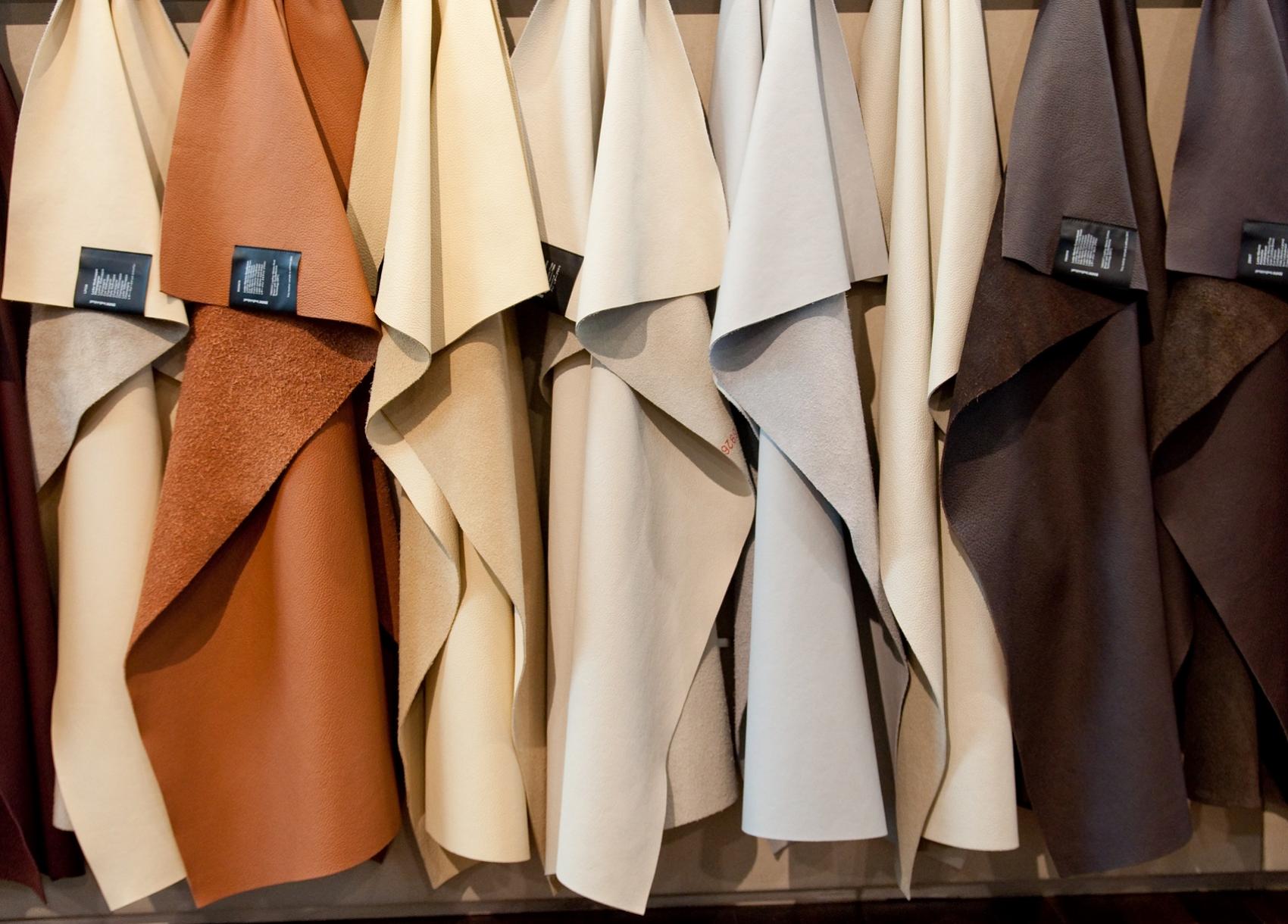What is JBS Couros, and your role in the company?
JBS Couros is the world’s largest leather processing industry, and produces wet blue, crust and finished leather for the automotive, furniture, footwear and leather goods segments. World-renowned for the quality of its products and its sustainability stewardship in the leather sector, it has recently provided groundbreaking approaches towards the maturation of leather as the number one alternative when looking for a sustainable and renewable material. Together with my 7,000 colleagues, my role is to generate and research new solutions to make this material, a by-product of the meat industry and part of the circular economy, accessible to the needs of future generations.
Why is traceability important for achieving sustainability in the supply chain?
There is no way one can properly evaluate the externalities of a given productive process without looking at the upstream impacts of the raw materials used. A company has to be sure it has strict procedures for sourcing materials, guaranteeing that it respects the environment, the communities and the people around it. Traceability is particularly important in that sense. It allows you to properly assess and track the components in your supply chain, resting assured of its ethical and sustainable production routes, and permitting a given company to focus in its internal processes, making them continuously more efficient. In this regard, traceability is proving to be a condition (not a trend) for perennial business transactions in the modern world.
How does jbs360 improve on sustainability in the leather industry?
JBS360 is a state of the art web-based tool for cattle and hide traceability. Openly available and easy-to-use, it allows anyone to track finished leather back to the group of farms that initially supplied them. It pushes the industry towards full transparency, placing a glass window above a continental sized operation. Although the company’s Responsible Procurement Policy was already in place for more than a decade, JBS360 is about providing customers and industry stakeholders the means to track any given leather produced at JBS Couros online and at any time. Also, JBS360 tracks the hides along the production process, making it possible to internally identify the different production routes and work on improving process efficiency through continuous improvement.
What have been some of the technical challenges and lessons learned from the deployment of jbs360?
One of the main challenges was to map and structure the several databases along the entire supply chain, from farms, through every production stage, until finished leather. It was especially tough to establish the necessary flawless links between the different traceability codes and its connected data (especially considering the size of the database) but it was crucial to provide a stable and trustful tool for all supply chain stakeholders.
What metrics are you using to measure the performance of your traceability initiative?
The sustainable cattle sourcing tracking system behind JBS360 is based on satellite imaging and georeferenced data to properly map and evaluate every farm in the Amazon that supplies the company, assessing more than 50,000 potential livestock supplying farms every day and covering more than 450,000 km² (111 million acres) – an area larger than Germany (357,000 km²). To make sure all the social and environmental criteria are properly met, the main metric is a recurrent independent audit of the assertiveness of the processes. It is something we take particularly seriously, because it is what tells us how far along we are in meeting our commitments to the communities and habitats around us.
Over the past six years, the audits conducted by leading auditors DNV-GL and BDO reveal 99.9% compliance with the standards overall. In 2019, 100% of direct purchases met our social-environmental criteria. The results of these audits are freely available on the JBS website.
What do you think is the key impediment to wider adoption of achieving sustainability within the supply chain?
The main challenge is data related. Making sure you have the necessary data to track the complete supply chain is the first step, which is always hard. Therefore, ongoing digital transformation conducted by tanners is going in the right direction. Indeed, it is maybe the only sustainable transformation in the modern world. In addition, being able to process the available data and extract the necessary information to reach valuable insights is something that requires corporate knowledge and specific skills, which demands planning.
The road is endless, but moving fast enough has to be the goal when we are facing the serious and unprecedented environmental issues we now experience. That being said, data is also the best ally we could have in this journey, making it possible to reach different levels of comprehending our externalities and our path to improvement.
Another approach that proves to be a basic condition for a true sustainable shift in materials supply chains is the collaboration between the different stakeholders. No given player can provide change all by itself, at least not at the pace that we now need. Joint efforts increase maneuverability and the impact of the initiatives.
From our point of view, it is this type of approach that is proving successful in the Kind Leather sustainability platform, where change is provided by collaborating along the supply chain and only by doing so. The philosophy of Kind Leather consists precisely of this belief: if a material is to be truly sustainable, its use must take into account the entire production chain. So, we have introduced to the industry a more planet-friendly solution: removing at the start of the process those parts of the leather that are hardly of any use, since this material can be sent to other industries, like the pharmaceutical and food industries, transforming waste into raw materials and making a significant contribution to the sustainability of the entire value chain. Kind Leather is an example of environmental success in this regard, but the bottom line is that any other comprehensive assessment of supply chains tend to be more impactful than isolated ones.




